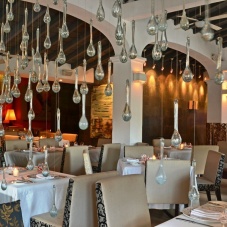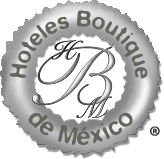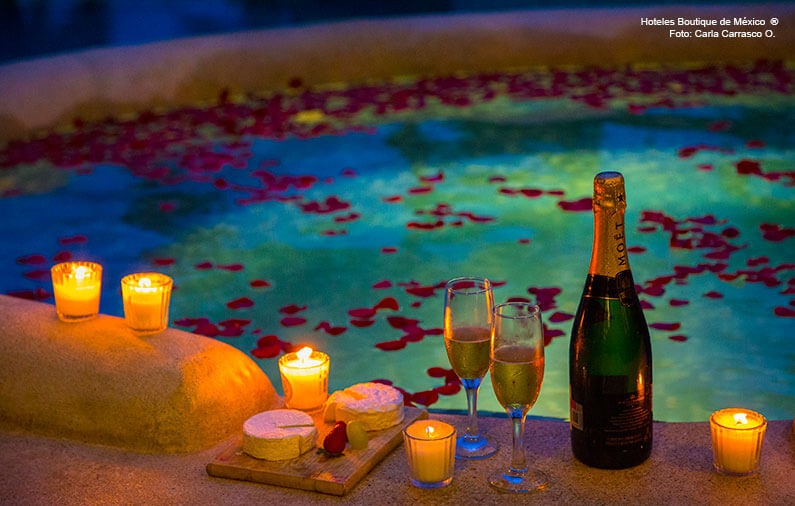
“Luxury to me is not about buying expensive things; it’s about living in a way where you appreciate things”
Oscar de la Renta
The concept of “luxury” has been without doubts one of the concepts that have been used in the tourism and hotel industry through time. So let’s start with… what’s “luxury”: it’s “something that is considered an indulgence rather than a necessity”. In some other languages we find definitions such as “pleassure out of the ordinary, allowed to oneself”, “that which is allowed in an extraordinary way” or the more philosophical one of Christopher Berry “an object of desire”. “Luxury” satisfies our aspirational and self realization motivations.
A concept that has been associated with ideas like price, quality, aesthetic, rarety, extraordinary and symbolism. Howeves as all concepts, “luxury” hasn’t been exempt of the changes in social perception.
The concept “luxury” has been used through the history of tourism.
In ancient Rome and Greece the word “luxury” was dangerous , we shall remember that they were societies focus on the social development and in the basic virtues of the human being. Thanks to the born of the commerce with Asia in the XVIII century the concept started to be perceived with a consumption approach; but yet it was intemately related with an artisan production, limited and personilized. With the XX century this values changed, ironically “luxury” became part of the industrial development… a constant battle between exclusivity and volume.
“Luxury” tourism has also been suffer this changes; considering that the single thought of traveling, especially for pleassure, was considered “luxury” as the transportation and conectivity was complicated and there were just a few places that offered housing to travelers. The invention and improvements in transportation and infraestructure; the constroction of hotels, motels, resort, touristic developments and the variety of qualifications that have existed to stablish the value that each one of them has.
The tourism has also been afected by the industrialization in the XX century, it was subject to segmentations where the “luxury” tourism was define by a series of adjectives, standards and services that created a definition of what it was expected: first class, 5 stars or Grand tourism, high expenses, high level of comfort, quantity and variety of facilities, service hours, architectonical details, advanced communication technologies, elevators, parking spaces and a list of characteristics that not alwasy were perceived by the costumers.
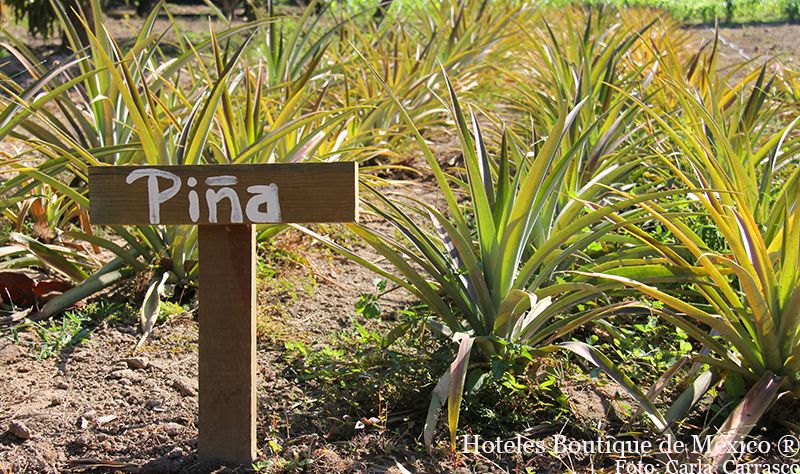
“Time and silence are the most luxurious things today”
Tom Ford
Being in the XXI century, what do we consider “luxury”? In a time where concumption has been influenced by the awareness of the environment, the technological development and the decrease in the costs of it, virtual communities, the importance of knowing what we are eating and where words like vintage or hipster have contributed to the change of paradigms.
Recent studies indicate that “luxury” has lost terrein, today travelers do not have a favorite luxury destination as they prefer to get to know new places. It is no longer a priority to be in first or bussiness class. The main porpouse to do “luxury” travels are relaxation, followed by the interest in discover an adventure.
It’s logic that “luxury” is now associate with ideas like originality, authenticity, inspired by…, susteinability, privacy, nature, organic, tradition, local culture, experience, independence and flexibility.
Is not such a extrange idea when we consider the ryhtm that our life have where it is nearly impossible to unplugged from the 3 or 4 gadgets that we use and the text messages that have took over conversations, now we consider the possibility of taking back the controf of the rythm a luxury.

“I think the older I get, the more I realize that the ultimate luxury is time.”
Michael Kors
What do we consider a “luxury” travel?
- Wake up among the coffees in the plantation and drink a fresh groud coffee.
- Being able to taste dishes that have been prepared with organic products cultivated within the hotel.
- Enjoy of a trip where there’s no cell or internet connection so you can really profit form the place and the company.
- To support the local economy though the creation of employments, the development of artisan activities, the acquisition of local products.
- The promotion and conservation of cultural traditions.
- Enjoy a dinner in the middle of the sea.
- Dive in a Cenote.
- have the opportunity to know works of art and antiques with a great heritage.
- Get along with the flora and fauna typical of the region.
- Look at monuments, historic buildings, churches, sunsets, sunrises… impresive views from your room.
- Discover regional dishes.
- Find in your room artcrafts from the place you visit.
- Stay at a small place where the service is focus in each one of their guests.
We can say that “luxury” still “something that is considered an indulgence rather than a necessity”, what has change is the aspirations that we have , and the objects that are difficult for us to reach…
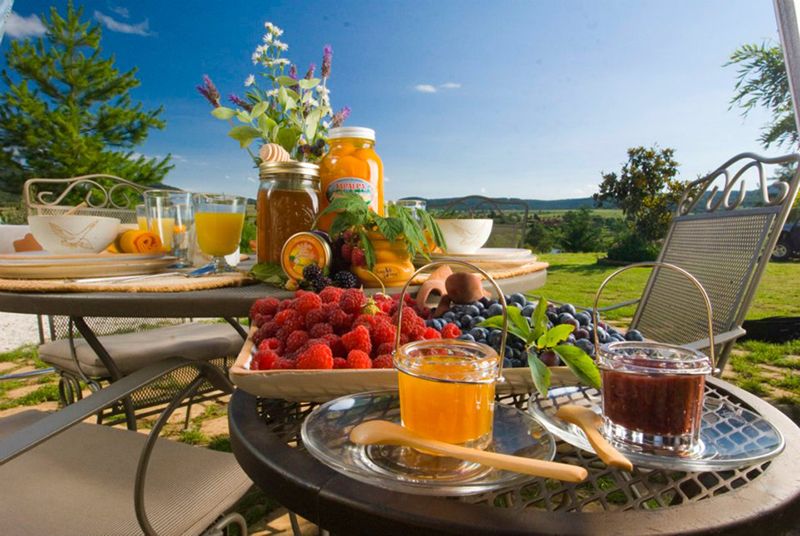
“Luxury is in each dtail”
Hubert de Givenchy
Sources:
http://www.aluxurytravelblog.com/2013/03/26/so-what-is-luxury-travel/
http://research.mena.yougov.com/en/news/2014/05/05/luxury-travel-survey-mena/
http://www.conceptofluxurybrands.com/concept/luxury-brands-definition
http://luxurystudies.blogspot.mx/2011/01/luxury-as-concept.html
http://www.knowledgeatwharton.com.es/article/la-metamorfosis-del-mercado-de-lujo/
- Tags:
- Boutique Tips
- News

Más de 10 años de trayectoria en la idustria hotelera, Lic. en Administración Hotelera y Turística, con especializaciones en Mercadotecnia y Ventas. Se ha desarrollado profesionalmente en diversos hoteles en México y en el extranjero enfocándose en los últimos años en la hotelería boutique. Apasionada por el turismo en México busca en cada viaje conocer lo más destacado a nivel cultural, gastronómico e histórico de cada destino.
Leave a Reply


